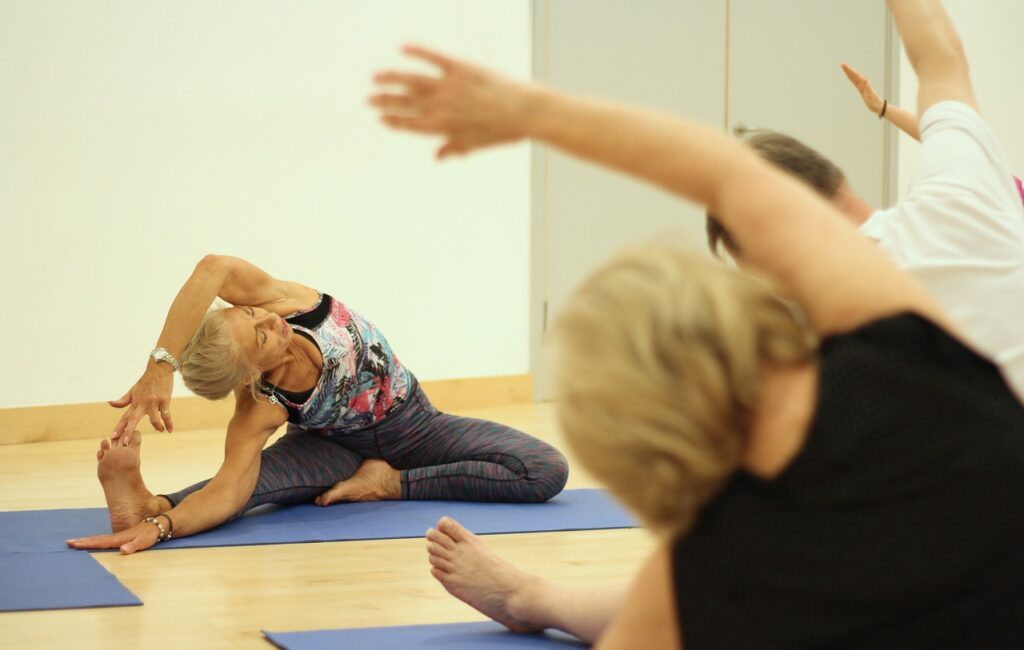Say Goodbye to Pain and Discomfort
Let’s be real, folks. We all face our share of physical challenges as we navigate through life. From aching muscles after a long day at work to chronic pain that keeps us up at night, it’s easy to feel like our bodies are working against us. Enter physiotherapy—a superhero in the world of healthcare that’s here to save the day!.
In this article, we’ll explore ten conditions that can be treated effectively through physiotherapy. So buckle up and let’s dive in, because there’s a whole world of relief waiting for you with the top 10 We all face our share of physical challenges as we navigate through life, lets look at top10 conditions that physiotherapy can help.
- Say Goodbye to Pain and Discomfort
- Back Pain: A Common Nemesis
- Arthritis: Defeating the Joint Pain Villain
- Sports Injuries: Restoring the Athletic Superhero in You
- Stroke Recovery: A Journey to Regain Independence
- Parkinson's Disease: Slowing the Progression
- Chronic Pain: Breaking Free from the Chains
- Post-surgical Rehabilitation: Bouncing Back Stronger Than Ever
- Pelvic Floor Dysfunction: Restoring Confidence and Comfort
- Multiple Sclerosis: Tackling an Unpredictable Foe
- Postural Problems: Standing Tall and Proud
- Conclusion: Embracing a Pain-free, Active Life
Back Pain: A Common Nemesis
You know that nagging pain in your back that just won’t go away? Yeah, we’ve all been there. Back pain is incredibly common and can be caused by a variety of factors, including poor posture, muscle imbalances, and more. Physiotherapy can help by identifying the root cause of your back pain and providing targeted exercises to strengthen your muscles and improve your posture. Say goodbye to your back pain and hello to a more comfortable life!

Arthritis: Defeating the Joint Pain Villain
Arthritis is one of the most prevalent chronic conditions worldwide, affecting millions of people with varying degrees of pain and stiffness in their joints. Luckily, physiotherapy can help manage arthritis by improving joint mobility and function, strengthening muscles, and promoting overall wellness. With the right treatment plan, you can keep arthritis in check and stay active.
Sports Injuries: Restoring the Athletic Superhero in You
Whether you’re a weekend warrior or a professional athlete, sports injuries are an unfortunate reality. Physiotherapy plays a crucial role in the recovery process by helping athletes regain strength, mobility, and function. It can treat everything from sprained ankles to ACL tears and help you get back to your favorite activities faster than you can say “game on!”
Stroke Recovery: A Journey to Regain Independence
A stroke can be a life-altering event, leaving many individuals with physical, cognitive, and emotional challenges. Physiotherapy can help stroke survivors regain their independence by improving balance, coordination, and mobility. By working closely with patients, physiotherapists can create personalized rehabilitation programs that help them achieve their goals and reclaim their lives.
Parkinson’s Disease: Slowing the Progression
Parkinson’s disease is a progressive neurological disorder that affects movement and coordination. While there’s no cure for Parkinson’s, physiotherapy can help manage symptoms and improve quality of life for those living with the condition. Physiotherapists can design targeted exercise programs that help improve flexibility, balance, and strength, all while slowing the progression of the disease.

Chronic Pain: Breaking Free from the Chains
Chronic pain can be debilitating, impacting every aspect of a person’s life. Physiotherapy offers a non-invasive, drug-free approach to managing chronic pain by addressing the underlying causes and developing a tailored treatment plan. Techniques such as manual therapy, acupuncture, and therapeutic exercises can help alleviate pain and increase overall function, giving you the freedom to enjoy life again.
Post-surgical Rehabilitation: Bouncing Back Stronger Than Ever
Recovering from surgery can be a long and challenging process, but physiotherapy can make it easier. Post-surgical rehab is essential for restoring strength, mobility, and function after surgery, and it can also help prevent complications and future injuries.
Whether you’ve had a joint replacement, spinal surgery, or anything in between, pelvic floor physiotherapy can help you get back on your feet and reclaim your life.
Other Interesting information of help Acoustic Neuroma Surgery Rehabilitation: Restoring Balance and Function
Pelvic Floor Dysfunction: Restoring Confidence and Comfort
Pelvic floor dysfunction can affect both men and women, causing issues such as incontinence, pelvic pain, and sexual dysfunction. Physiotherapy is a game-changer when it comes to addressing these problems. Physiotherapists trained in pelvic floor rehabilitation can help patients strengthen their pelvic floor muscles and improve overall function. By taking control of your pelvic floor health, you can regain your confidence and live a more comfortable life.
Multiple Sclerosis: Tackling an Unpredictable Foe
Multiple Sclerosis (MS) is an unpredictable and often disabling neurological disease that affects the central nervous system. Symptoms can range from mild numbness to severe paralysis and vary from person to person. Physiotherapy plays a vital role in managing MS symptoms by helping patients maintain strength, mobility, and balance. By working with a physiotherapist, those living with MS can improve their quality of life and better manage their symptoms.

Postural Problems: Standing Tall and Proud
Poor posture can lead to a host of issues, from neck and back pain to decreased lung function. The good news? Physiotherapy can help correct postural imbalances by identifying the underlying causes and developing a personalized treatment plan. Through targeted exercises, manual therapy, and ergonomic advice, physiotherapists can help patients stand taller, breathe easier, and live more comfortably.
Conclusion: Embracing a Pain-free, Active Life
So there you have it— ten conditions that physiotherapy can help you conquer. No matter what challenges you’re facing, physiotherapy can be a powerful ally in your journey to a pain-free, active life. By addressing the root causes of your issues and providing targeted treatments, physiotherapists can help you feel better, move better, and live better. So why wait? Reach out to a qualified physiotherapist today and start experiencing the benefits for yourself. The road to recovery is just a few steps away!
